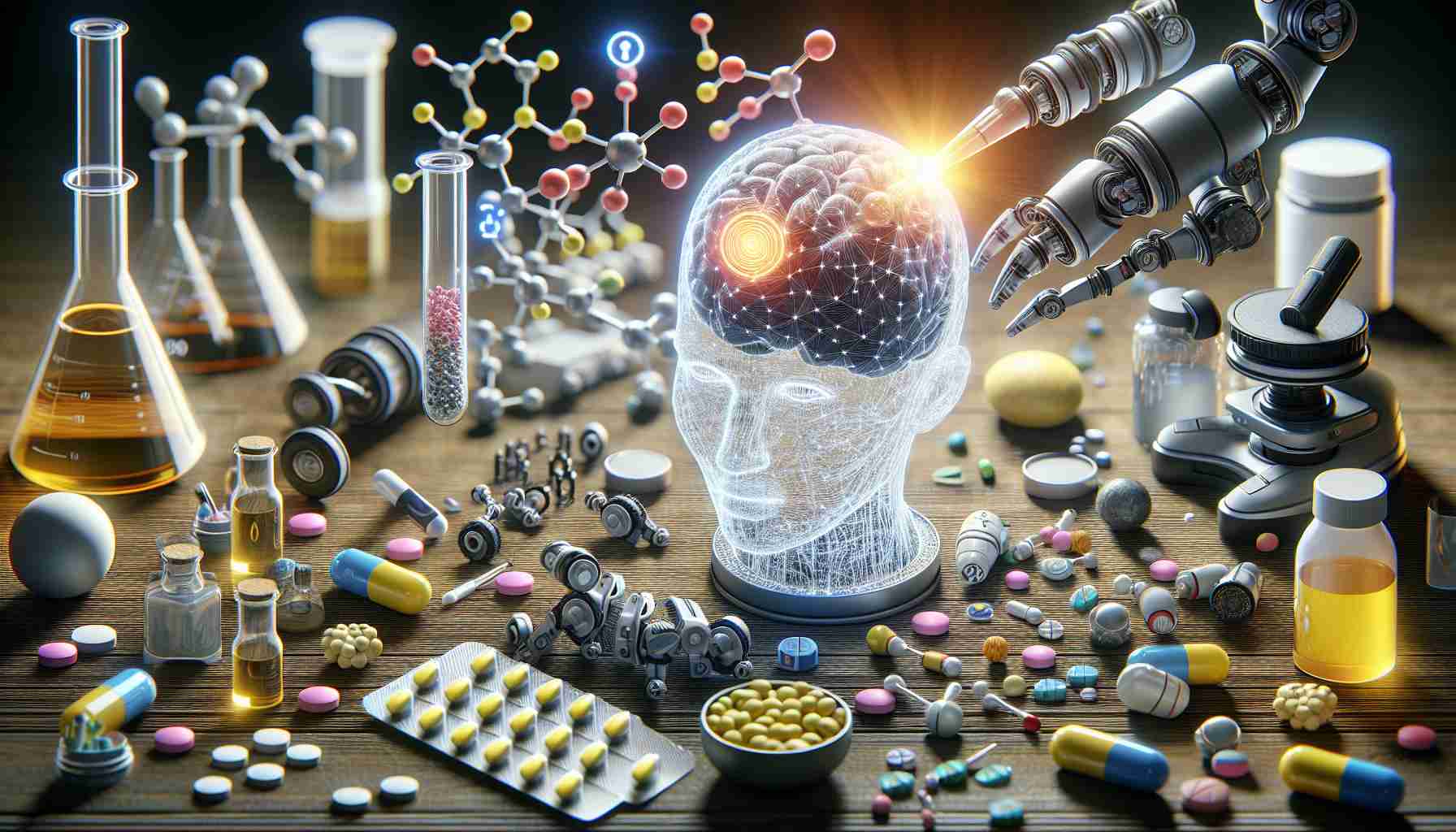Exploring the Role of Artificial Intelligence in Drug Discovery
The integration of artificial intelligence into drug discovery offers a potential game changer, but opinions are incredibly mixed. While some industry players herald AI as a revolutionary force that will redefine pharmaceutical development, others strongly contest its effectiveness, citing a long history of drug failures.
Recent advancements in AI applications, like AlphaFold, have drawn attention, demonstrating how AI can significantly speed up processes involved in identifying and developing drug candidates. However, skepticism persists as many seasoned professionals in the pharmaceutical landscape highlight the technology’s limitations, especially regarding its performance in clinical trials, where drug success rates remain alarmingly low.
Research shows that from 2010 to 2022, a handful of AI-driven startups managed to propel a select few drug candidates into human trials faster than traditional methods would allow. While this indicates progress, the true measure of efficacy lies in real-world outcomes, which so far remain elusive.
Despite the promise, the data sets available for training AI in this domain are limited and often of low quality, complicating the prediction of how new compounds will behave in humans. Additionally, the intricate nuances of drug development require a multidisciplinary approach that many AI researchers may overlook.
Critically, there’s a danger of focusing excessively on specific improvements without addressing systemic issues that contribute to drug failure. As the industry evolves, a balanced understanding of both AI’s capabilities and its current limitations is essential to make meaningful advancements in drug discovery.
Revolutionizing Drug Discovery: The Dual Edge of Artificial Intelligence
The Role of Artificial Intelligence in Drug Discovery
Artificial intelligence (AI) is increasingly viewed as a transformative force in the pharmaceutical industry, particularly in drug discovery. However, the journey of AI integration is not without challenges, revealing a complex interplay of innovation, skepticism, and the need for a nuanced understanding of both its potential and its limitations.
Recent Innovations and Their Impact
Among the most significant advancements is AlphaFold, an AI program developed by DeepMind that predicts protein structures with exceptional accuracy. This has opened new avenues in drug candidate identification by accelerating the understanding of biological systems. Other emerging AI technologies are enhancing molecular simulation and predictive modeling, which can shorten the time required to identify promising compounds.
Advantages and Limitations of AI in Drug Discovery
Pros:
1. Speed and Efficiency: AI has the potential to analyze vast datasets far quicker than human researchers, leading to faster identification of drug candidates.
2. Cost Reduction: By enhancing the efficiency of early-stage research, AI could drastically reduce costs associated with drug development.
3. Predictive Modeling: Advanced algorithms allow for better predictions of how drugs will interact within biological systems, potentially identifying issues earlier in the process.
Cons:
1. Data Quality Issues: Many datasets used to train AI systems are of low quality or limited in diversity, which can lead to inaccurate predictions.
2. Complexity in Human Trials: The actual success of drug candidates derived through AI remains to be truly substantiated, as many do not translate into effective therapies during crucial clinical trials.
3. Interdisciplinary Gaps: Drug development is inherently multidisciplinary, requiring various experts to work in tandem, which is sometimes neglected by AI-focused teams.
Market Trends and Future Predictions
Recent analyses indicate a surge in investment for AI-focused biotech startups, driven by the promise of streamlined drug development processes. The market for AI in pharmaceutical applications is projected to grow significantly, signifying confidence in AI’s place within the industry. Analysts predict that within the next five years, AI-driven drug discovery could reduce the average time to bring a drug to market by as much as 25%.
Use Cases of AI in Drug Discovery
1. Target Discovery: AI algorithms can help identify novel targets for drug development by analyzing genetic data and understanding disease mechanisms.
2. Compound Screening: AI can aid in sifting through millions of compounds to find those most likely to yield successful drugs.
3. Clinical Trial Optimization: AI can enhance the design and execution of clinical trials by predicting patient responses and optimizing recruitment strategies.
Conclusion
While the integration of AI in drug discovery is a promising frontier, it is accompanied by notable challenges that must be addressed. By balancing the innovative potential of AI with an understanding of its limitations and a commitment to improving data quality, the pharmaceutical industry can harness AI’s capabilities to enhance drug discovery outcomes meaningfully.
For more insights into AI and its applications, visit Pharma Tech Outlook.
